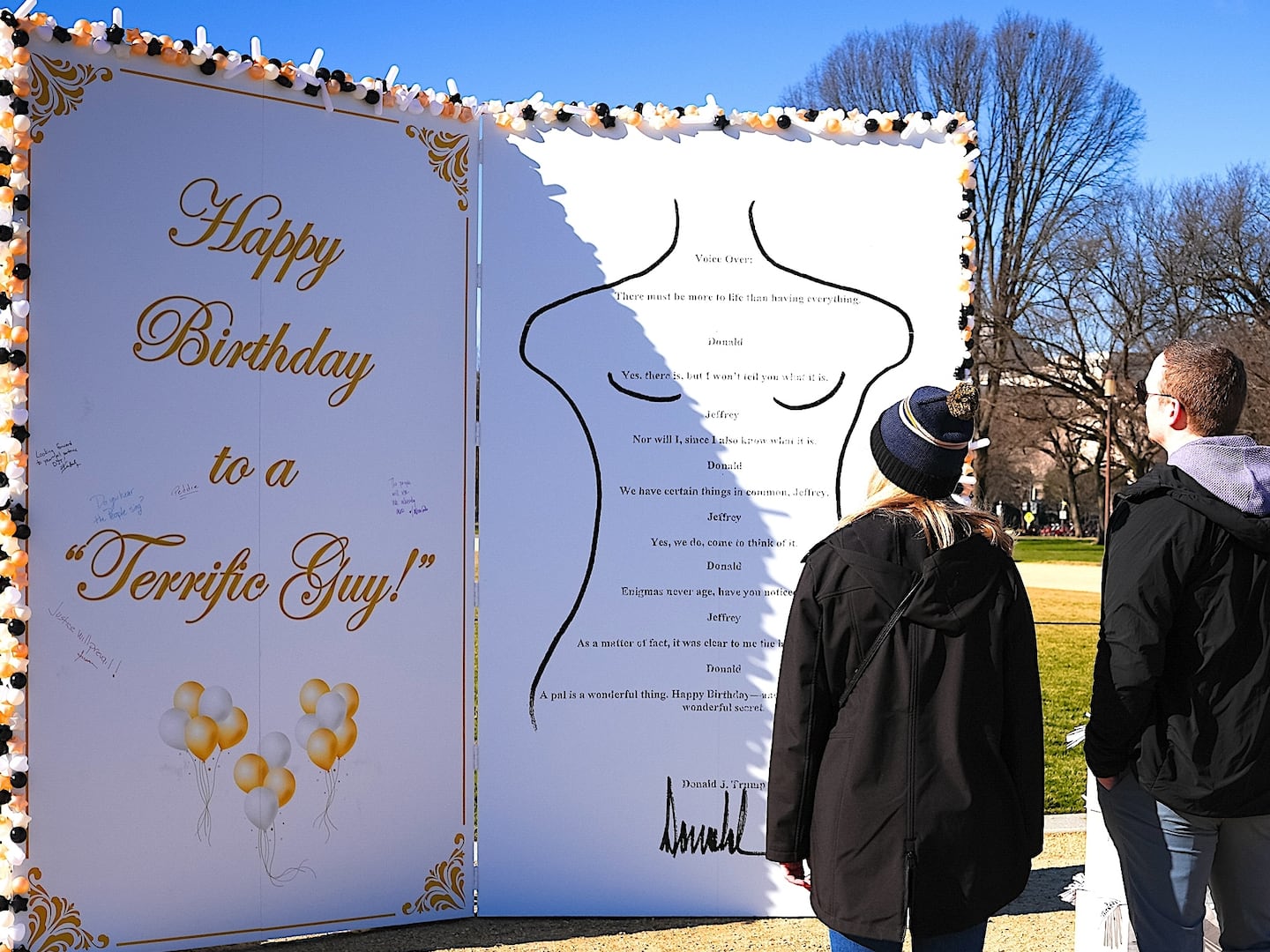
The defense has started to present its case for Anthony Marshall’s innocence, if only unofficially, by using one of the prosecution’s main witnesses—Henry Christensen III, Brooke Astor’s longtime estate lawyer—to support its claim that Mrs. Astor still had her wits about her at the time that she signed codicils to her will in favor of her son. Until Mr. Christensen took the stand some five days ago, an unbroken string of “A list” prosecution witnesses—among them Annette de la Renta, Barbara Walters, Henry Kissinger and Philippe de Montebello—had testified to the grande dame’s physical and mental deterioration.
“It has been said I called Mr.Whitaker a second-rate lawyer,” Christensen testified, but not before he had a showdown with the Marshalls at their Upper East Side apartment.
But along comes Mr. Christensen, 64, known as Terry, to attest that Mrs. Astor was fully cognizant of what she was doing when, under his auspices, she signed a codicil in December 2003. It isn’t one of the codicils included in the charges against Tony Marshall and co-defendant Francis Morrissey, the lawyer who eventually replaced Mr. Christensen, but it was executed just weeks before subsequent codicils that are.
Mr. Christensen’s challenging mission on the witness stand was to preserve his reputation as a leading member of the trust and estates bar, despite seeming to do Tony Marshall’s bidding, and while acknowledging that by 2003 Mrs. Astor might not have been quite the force of nature she was when he started representing her back in 1991. (Still, he maintained, she was capable of making her desires known.)
And Christiansen, with his direct manner and craggy good looks—it wasn’t hard to understand why Brooke Astor included him in her celebrated Park Avenue dinner parties and also invited him to her homes in Westchester and Maine—almost succeeded despite the withering tone of prosecutor Elizabeth Loewy’s interrogation. The lawyer’s most persuasive arguments for his actions had more to do with the challenges of practicing trusts and estates law in general than with the Astor family’s problems in particular. Having to mediate between entitled children who want more and wealthy, aging parents who are loathe to relinquish their money and power is part of the job description, he explained. Indeed, it’s what makes this corner of the legal profession among the most potentially precarious—in the same way that cops are never at greater risk than when they get in the middle of domestic disputes.
“The child is trying to get money from the parent,” Mr. Christensen testified wearily. “The parent wants to keep the child happy, but the parent doesn’t want to have constant confrontation with the child.” The lawyer’s job, Christensen seemed to be saying—which is the unspoken extension of his fiduciary responsibility to his aging client—is to try strenuously to accommodate both parent and child.
The problem, of course, was that Tony Marshall and his wife Charlene were greedy even by the money-grubbing standards of good-for-nothing rich kids, if the prosecution is to be believed. Indeed, Christensen entitled the December 2003 codicil to Mrs. Astor’s will that gave Mr. Marshall a 49% control over the distribution of a charitable trust “first and final.” This was an unusual qualifier that probably carried no legal weight but served to put Tony on notice that the lawyer had stretched his white-shoe reputation as far as it was going to go. It also came several months after Christensen had brokered a $5 million transfer of assets from a beleaguered Brooke Astor to her son, the grande dame asking Tony, “Do you want all of my money?”
Nonetheless, the Marshalls didn’t get the message. About two weeks after the December codicil was signed, Christensen received a letter from Tony that he described as “peculiar,” in which the son expressed concern “regarding my economic welfare” and asking Mr. Christensen, as a co-executor of his mother’s estate, to explain his investment strategy regarding the trust. He also asked him to cede authority over the trust to Marshall.
When Christensen refused, he received another letter from Warren Whitaker, a new lawyer, asking him for Mrs. Astor’s estate-planning documents and informing him that Mrs. Astor had given her son—“a great source of strength”—sole power of attorney. And, by the way, Christensen was fired.
Christensen told the jury that he had some choice words for his fellow member of the bar—“it has been said I called Mr. Whitaker a second-rate lawyer”—but not before he had a showdown with the Marshalls at their Upper East Side apartment. Christensen described it as a “highly tension-filled meeting.” He said he told the Marshalls that he was shocked at his dismissal after his firm, Sullivan and Cromwell, had represented Tony’s mother for 50 years, and concerned that Brooke was too old and frail to bring in unfamiliar lawyers, let alone to make wholesale changes to her estate plan. (Unbeknownst to Christensen, Mrs. Astor had already signed a second codicil to her will a few weeks earlier and was shortly to sign a third—the ones at the heart of the case against her son and Francis Morrissey—essentially giving all her money to her son.) The meeting only ended when Charlene cut it off, claiming that the pressure was imperiling her aged husband’s own frail health.
Charlene, by the way, wasn’t present for this part of Christensen’s testimony, having left the courtroom for perhaps the first time during the trial. That stood in contrast to the pleasant glow that suffused her face at earlier stages of the lawyer’s testimony, when he seemed to bolster the defense’s case that Mrs. Astor was in command of her mental faculties.
In the end, after taking a long walk to cool down and consulting his partners, Christensen decided not to fight his dismissal. He never saw Brooke Astor again, although “I wanted to,” he said wistfully.
A skeptical prosecutor, Loewy asked why he hadn’t tried to contact her. “I did not want to cause a public uproar and put her through any strain,” he said. Then, glancing up at the assembled jurors, and over to the media and the high-priced lawyers that filled the courtroom, he offered something between a grin and a grimace and conceded that “obviously that’s ironic” in light of subsequent events and the tabloid headlines they ignited.
Ralph Gardner, Jr. is freelance writer whose work has appeared in New York magazine, the New York Observer, the New Yorker and other publications.






